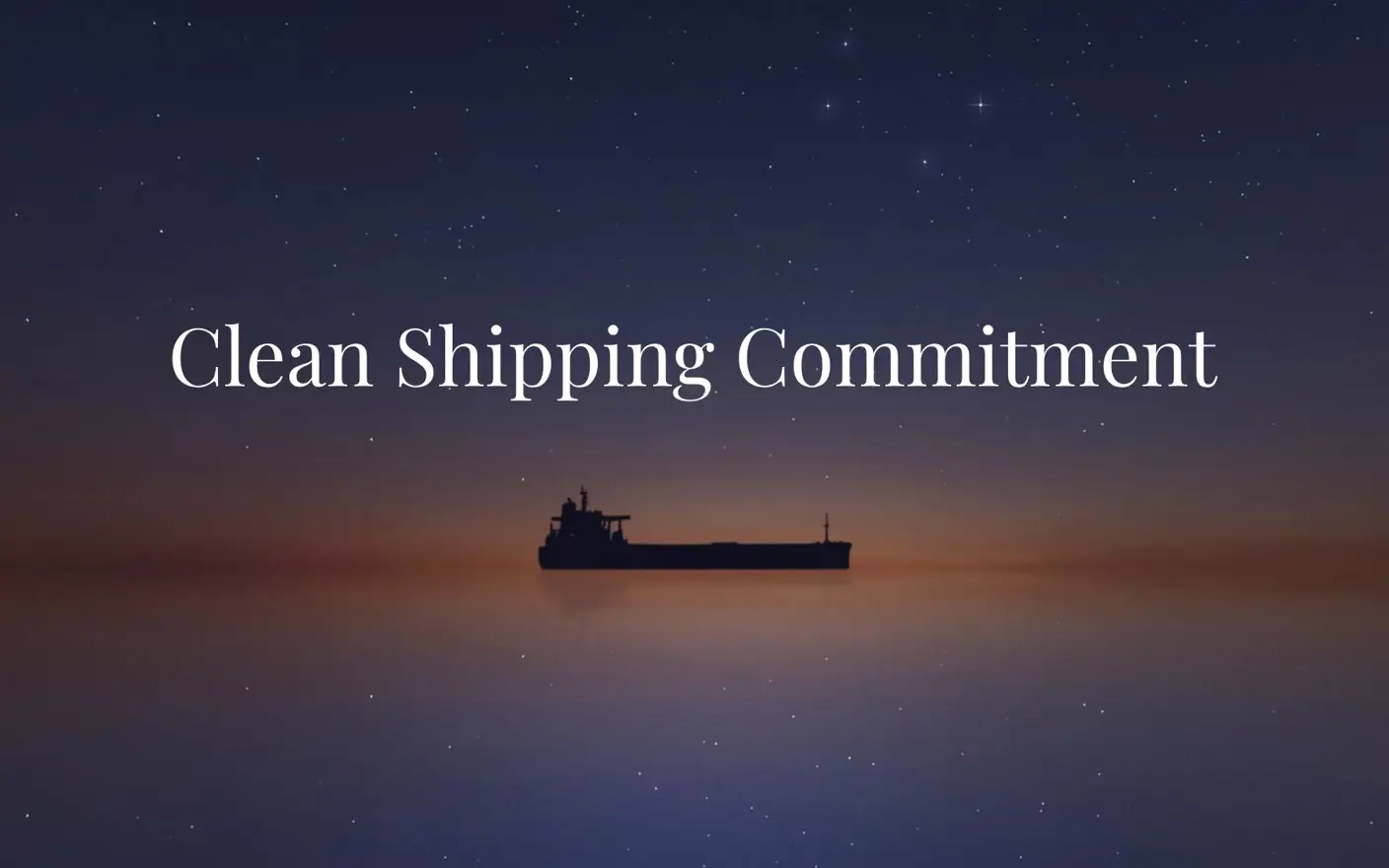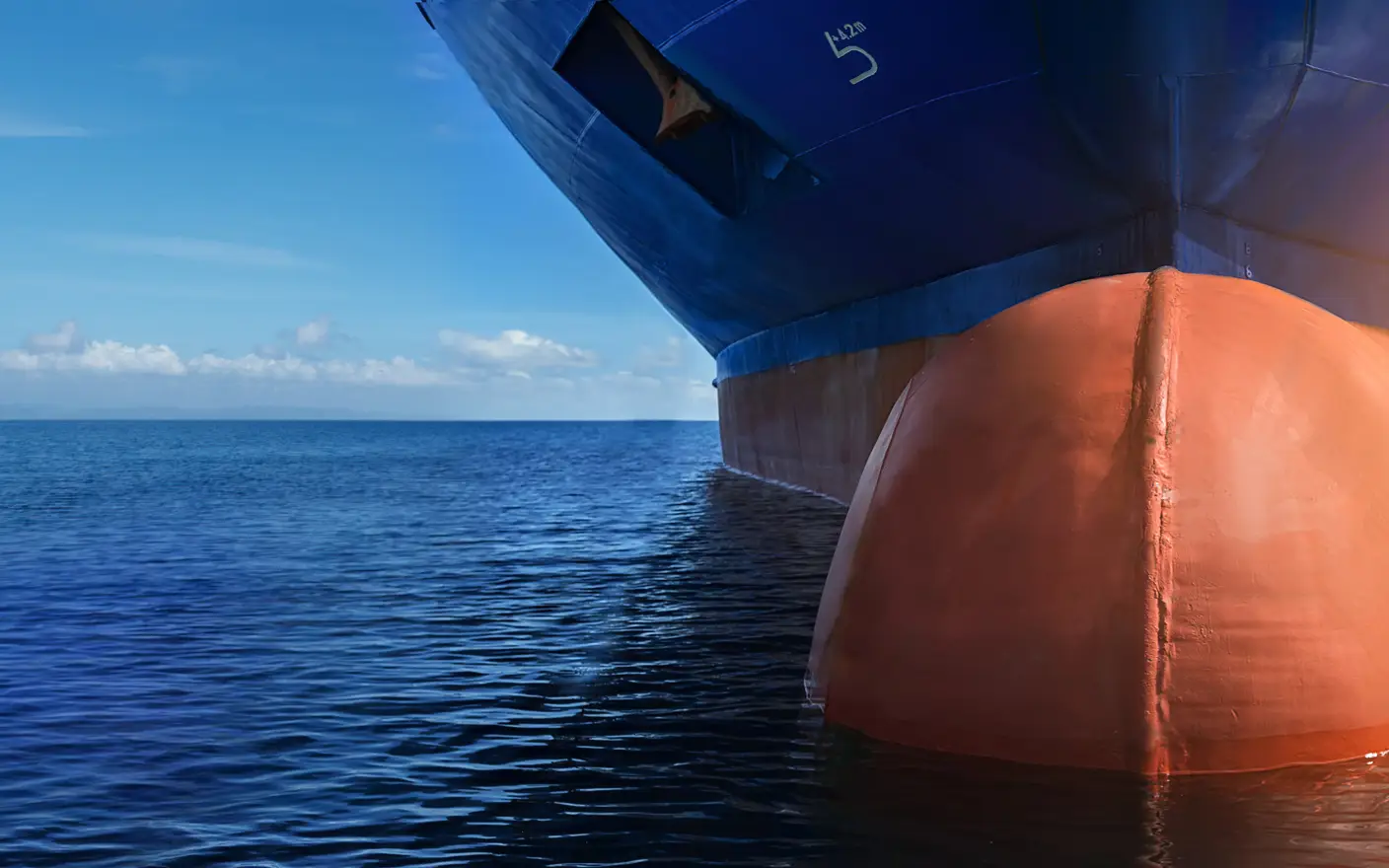There is growing pressure for the maritime transportation industry to address its sustainability issues and minimise its impact on the environment. The industry must change – fast.
The world of tomorrow needs us to be better. This core belief is the reason why, for nearly a century, Jotun has chartered through unknown waters and worked hard to develop ground-breaking products and solutions designed to drive safer and more sustainable operations. We are committed to helping our customers cut carbon emissions, protect marine biodiversity, and leverage the use of real-time data for smarter decision-making at sea.
We know that a clean hull ensures cleaner operations. That is why we continuously develop solutions that enables our many customers to optimise hull performance and cut emissions.






